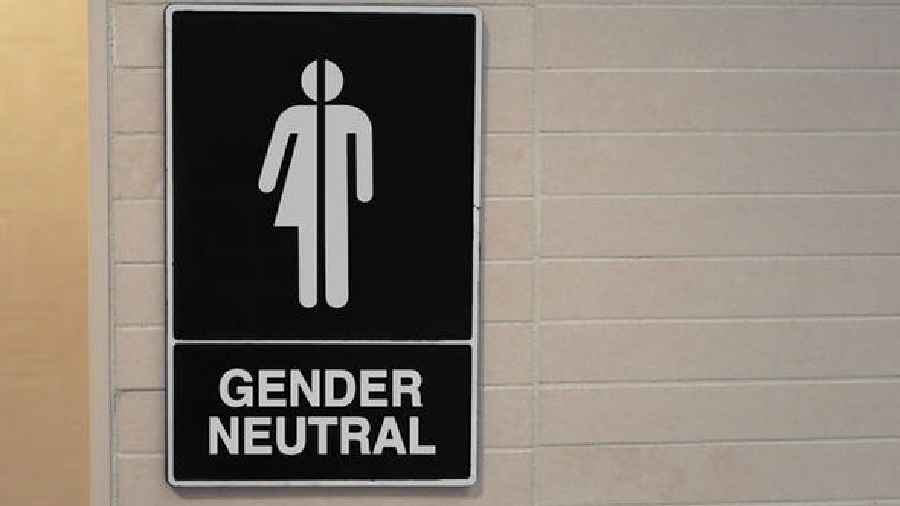The Delhi High Court on Tuesday set a deadline of eight weeks for construction of public toilets for transgender people in the national capital and warned it will order personal appearance of the top officials concerned of the Delhi government and the NDMC in case of non-compliance.
A bench headed by Chief Justice Satish Chandra Sharma noted that as per the status report filed by the city government, while the process of construction was stated to be underway, no public toilets have been built for the transgender population.
“Status report has been filed informing this court that the State has taken appropriate action keeping in view the Transgender Persons (Protection of Rights) Act in the matter of construction of public toilets for transgender persons. However, the status report reveals that toilets have not been constructed at all,” observed the bench, also comprising Justice Subramonium Prasad.
The court granted time to the government to ensure toilets are constructed as expeditiously as possible within eight weeks and sought a fresh status report.
The court said the status report of the New Delhi Municipal Council also indicated the existence of “paper work” but the “ground reality is that nothing has been done” and granted a final opportunity to the council for construction of toilets for transgender persons.
“Feasibility report does not mean that toilet has been constructed and therefore 8 weeks' time is granted by way of last indulgence to NDMC also to ensure that toilet are in place before the next date of hearing, failing which this court shall be directing the personal appearance of chairman of NDMC,” it said.
“It is also made clear that if the toilets are not constructed within the aforesaid period the court shall be directing the appearance of secretary, PWD on the next date of hearing,” it added.
The matter has been listed for hearing on July 14.
The Delhi government counsel assured the court the process of construction will be expedited.
The court also asked other local bodies, including the Municipal Corporation of Delhi (MCD), to file a detailed status report in respect of the total number of toilets for transgender persons.
The court was hearing a PIL filed by Jasmine Kaur Chhabra seeking direction to construct separate washrooms for the third gender on the ground that the absence of such public toilets makes them prone to sexual assault and harassment.
The petition says the absence of gender-neutral toilets goes against the directions of the Supreme Court, and in spite of funds from the Centre, no separate toilets are being made for the transgender or third gender community in Delhi.
Last year, the Delhi government had informed the high court that 505 toilets meant for persons with disabilities (PwD) have been designated for the use of transgenders and creation of separate washrooms for them will be fast-tracked.
The high court had earlier told the government that wherever new public spaces were being developed there should be separate toilets for transgenders and directed it to look into this aspect without any delay.
The PIL said the transgender community consists of 7-8 per cent of the total population of the country which makes it necessary for the authorities to provide for them the same facilities as the rest of the population.
The petition has said Mysore, Bhopal, and Ludhiana have already started taking action and built separate public washrooms for them but the national capital is still to take such an initiative.
“There are no separate toilet facilities for transgenders, they have to use male toilets where they are prone to sexual assault and harassment. Discrimination on the ground of sexual orientation or gender identity, therefore, impairs equality before the law and equal protection of the law and violates Article 14 of the Constitution,” the petition, filed through advocate Rupinder Pal Singh, has said.
People, including men, women, and transgenders, feel uncomfortable and hesitate when the third gender uses the washrooms which are made for others, the plea has asserted, adding that this also violates the right to privacy of the third gender.
Except for the headline, this story has not been edited by The Telegraph Online staff and has been published from a syndicated feed.











